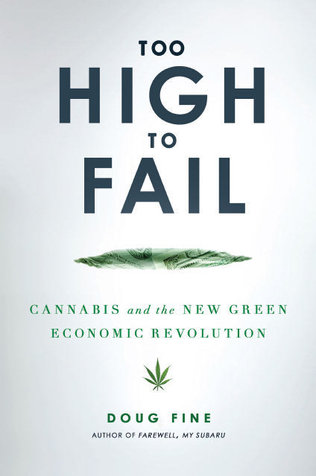If you found out you only had a few more years to live, would you bet your life for quick cash? The New York Times article, “Are You Worth More Dead Than Alive?” presents the story of a man, Ruben Robles, who was diagnosed with brain cancer and told he had two years to live, at most. With a half a million dollars in life insurance policy, Ruben knew that he had an option to sell his life insurance policy for money upfront. While the thought of buying a life insurance policy based on someone’s imminent death seems grim, the life settlement industry has become a common option to those with little left to lose.
In 2007, the life settlement business generated $12 billion in transactions but as the recession hit, it only brought in $3.8 billion worth of life settlement in 2010. Today there are $18 trillion worth of active life-insurance policies in the United States and very few people even know that they can sell their policies. The article states:
“Life insurance is designed to benefit the living, a spouse or heirs, not those who perish. But Carole Fiedler, who owns a firm called Innovative Settlements, knew that a life-insurance policy is an asset that can be resold to a friend or stranger just as a car, boat or house can. In a transaction known as a viatical settlement (for terminally ill patients) or a life settlement (for everyone else), the person selling his insurance gets an immediate cash payment. The buyer, in exchange, is named as the beneficiary and pays the premiums until the insured person dies. Life no longer afforded Robles a traditional way to make money, but to the right investor, Fiedler advised, his imminent death was worth a great deal.”
It’s hard to believe the business of life settlements is legal and it poses many questions as to what risks this type of transaction might bring in the future. The article makes the point that “both sides participating in settlement transactions are winners: the policy seller is paid upfront, and the buyer is paid even more later.” Yet, it’s difficult to fully understand and come to terms with a business that is gambling with someone’s life. The article is intriguing and makes valid points for both sides of the deal and I suppose it’s a decision you can’t fully judge until you are faced with terminal illness, old-age and/or short life-expectancy.
“For all the advancements that aim to make life-expectancy science more precise, death remains one of the most uncertain certainties around. When you invest in an individual life settlement, you are placing a bet. And bets hinge upon probabilities that can’t be controlled.” Read more…








